Electronic Classroom of Tomorrow
ECOT OFFERS A VIABLE ALTERNATIVE TO PREPARE PUPILS WITH THE ACADEMIC FOUNDATION TO BE POSITIVE CONTRIBUTORS TO SOCIETY. ECOT WILL PROVIDE STUDENTS AND FAMILIES WITH A SAFE, SECURE, ELECTRONIC GATEWAY, WHILE INDIVIDUALIZING INSTRUCTION SUPPORTED BY HIGHLY QUALIFIED FACULTY AND STAFF.
Electronic Classroom of Tomorrow
The Electronic Classroom of Tomorrow (ECOT) was a nonprofit educational institution designated as a 501(c)(3) organization. It operated as a community/charter school, offering an online learning environment for students across Ohio.
Background
ECOT was founded in 2000 by William "Bill" Lager, with its operations initially based on a charter granted by the Lucas County Educational Service Center in Toledo, Ohio. The school was managed by Lager's company, Altair Learning Management. ECOT aimed to provide a flexible online educational platform, allowing students to learn from home and participate in live sessions or independent activities.
Structure and Operations
ECOT was structured into four distinct schools: Elementary School for grades K-3, Junior High for grades 4-6, Middle School for grades 7-8, and High School for grades 9-12. Unlike traditional brick-and-mortar schools, students at ECOT were not required to adhere to a fixed schedule but were expected to complete at least 25 hours of educational activities per week. The school used state-provided or student-owned computers for coursework.
Controversies and Closure
ECOT faced significant controversy due to allegations of misreporting student attendance figures. In 2015, the Ohio Department of Education found discrepancies in the school's enrollment claims, leading to a dispute over state funding. In 2016, the state demanded repayment of approximately $80 million, asserting that ECOT had overstated its enrollment numbers. Despite the school's protests, it was eventually forced to close on January 18, 2018, by its sponsor, the Educational Service Center of Lake Erie West. Following its closure, the Auditor of State ordered ECOT to repay over $117 million in disputed funds in June 2022.
Financial Overview
ECOT received substantial contributions, primarily from government funds, with minimal income from other sources. Its financial reports often highlighted high liabilities and significant operational losses. The financial challenges and disputes with state authorities significantly impacted the school's viability and led to its eventual closure.
Impact and Legacy
ECOT's collapse had considerable repercussions across Ohio's educational landscape. Thousands of students were left without an educational institution, and the abrupt closure caused widespread disruption. The incident also highlighted challenges in regulating online education and issues of accountability within the e-school sector.
Graduates and Recognition
Prior to its closure, ECOT was notable for having large graduating classes, often with more than 2,500 graduates annually. The school's graduation ceremonies were held at prominent venues like the Jerome Schottenstein Center due to the high numbers of graduating students. Despite its achievements in size and growth, ECOT struggled with thematic issues such as low on-time graduation rates and allegations of financial mismanagement.
Edit WikiICO
341922362
Web
Sign in to see organisation website
Traffic
2606753
From Social media
News about from their social media (Facebook and X).
Data about organisation
Worthington
Organisations from Electronic Classroom of Tomorrow
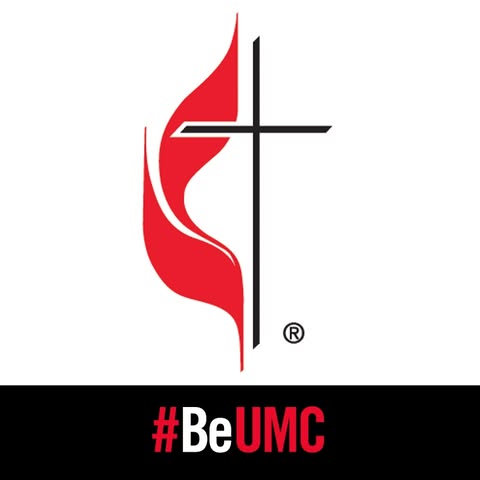
1. WORTHINGTON UNITED METHODIST CHURCH
The United Methodist Church is a worldwide connection of close to 10 million members in over 100 countries including Africa, Asia, Europe and the United States.
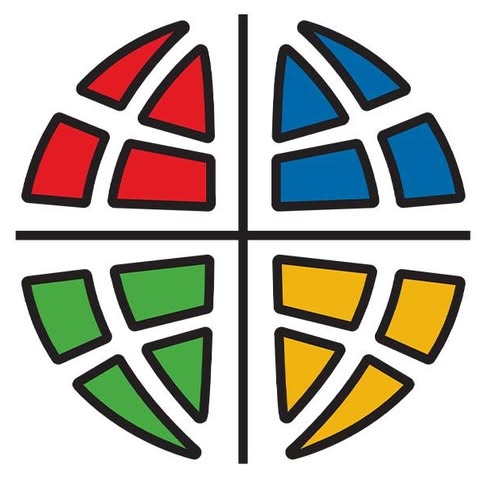
God's work.
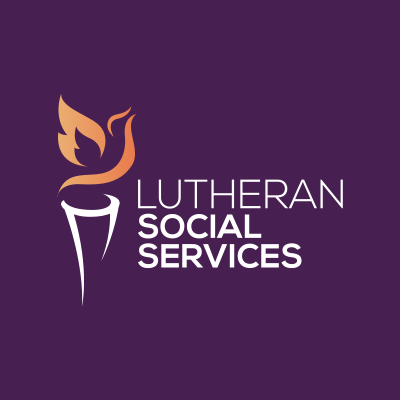
3. Lutheran Social Services of Central Ohio Tubman Towers Inc
LSS helps thousands of people in Ohio in need of shelter, food, healing and hope every day.
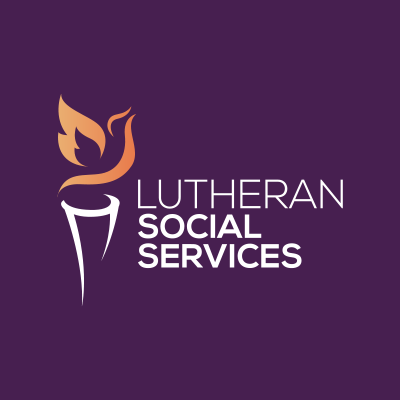
LSS helps thousands of people in Ohio in need of shelter, food, healing and hope every day.
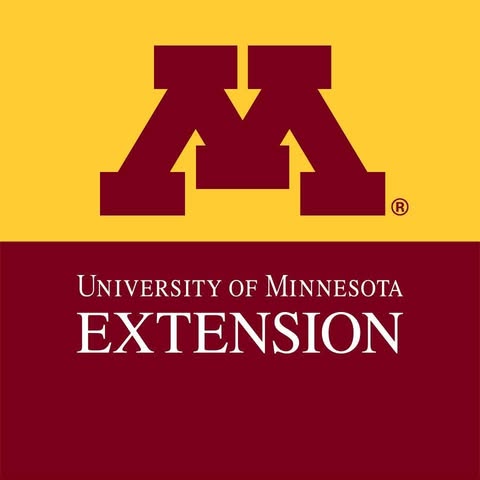
5. Regents of the University of Minnesota
The official Facebook page of the University of Minnesota Extension.
Interesting nearby
Interesting organisations close by to residence of Electronic Classroom of Tomorrow

Northland Preparatory and Fitness Academy
A first-rate academic and fitness institution where your student can grow intellectually and physically.
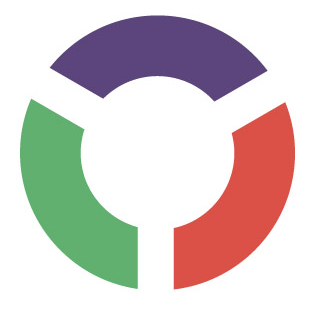
Buckeye Community Hope Foundation
Buckeye Community Hope Foundation is a non-profit dedicated to enriching the lives of others.

Imagine Columbus Primary Academy
“Education is freedom.
Similar traffic
Organisations with similar web traffic to Electronic Classroom of Tomorrow

38722. Georgia Dental Association Foundation for Oral Health Inc
Georgia's leading advocate for oral health.

Flight Club 502 is a non-profit 501(c)(3), dedicated to teaching teens leadership through aviation.
Join us and make a difference for the future!
Sign Up
Please fill in your information. Everything is free, we might contact you with updates (but cancel any time!)
Sign in with GoogleOr
Good News
“Thrilled to see @FGCommunities making strides in affordable housing! Their recent acquisition in Granite Falls is a big win for sustainable living and community support. Let’s celebrate initiatives that create positive change! 🌟🏡 #AffordableHousing #CommunityImpact”
FG Communities Completes Acquisition in Granite Falls, NC
Benzinga
Like Comment"Awesome to see community engagement at its finest! 🎉 Nearly 200 students in West Michigan got inspired at the statewide safety summit with @MichStatePolice – from motivational speakers to a magician's escape! 🙌 Let's keep empowering our youth! #YouthOutreach #BetterTogether"
Michigan State Police expand youth outreach with statewide safety summit
mlive
Like CommentExciting news from TDE Films! 🎥 They've just launched their inaugural Short Film Fund, supporting five talented emerging filmmakers to bring their stories to life. Can't wait to see their creative visions! #SupportLocalArtists #FilmFund #GoodNews
TDE Films Announces Inaugural Cohort For 2025 Short Film Fund | Essence
Essence
Like Comment




